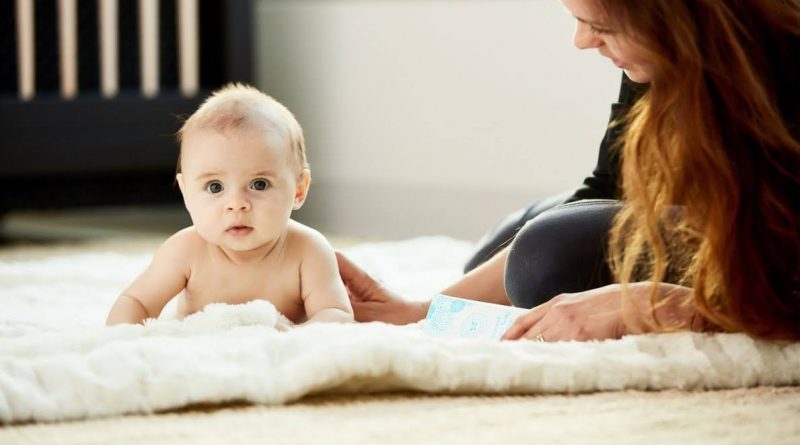Information about the newborn
The human baby, unlike all other animals, gives birth to a defective foot, because the human pelvis is small due to the human ability to stand and the head of the whole baby will not pass through the mother’s pelvis. This is why the baby needs a second uterus or mother’s arms to continue growing after birth. If you are experiencing motherhood for the first time, you should know that you will have a very different experience in the first one to two months of your baby’s life. Babies sleep most of the day and night.
But when they wake up, they cry all over their needs. The rate of crying in infants is quite different. Some babies fall asleep comfortably and a small percentage are less restless because of heartburn. But in addition to insomnia, a mother can experience heaven in the very first months of her child. Heaven Maybe your baby’s silent laughter is asleep. Heaven may be the time when it clings to you and its cries subside. Heaven may be the perfume of your baby’s body.
As we know today, the smell of the baby can help depress young mothers. The baby is a helpless creature in need of your love. In the first months of life, the child will become acquainted with pain and suffering and will anxiously ask for the loving embrace of the mother.
The baby’s brain is programmed on the basis of pleasure and pain, and any pain is a warning to him by crying. Contrary to popular belief, the baby feels pain from birth.
What is important is that babies need the mother’s arms to grow.
The mother’s arms will help the baby grow a lot. The baby’s brain development occurred continuously with his brain stimuli. The mother’s skin contact with the baby contributes to her comfort and safety and balances the baby’s electrical load. The baby is born with almost undeveloped and disabled eyes. He is only able to detect objects that are ten to seventy-six centimeters long.
From the age of two months, a baby can recognize a human face and smile when he sees it. From 14 weeks, babies’ eyes will adjust. Babies between the ages of 8 and 10 months will be able to walk on all fours, although some children will never experience quadrupeds.
95% of babies between the ages of three and four months will be able to sit with help, and between the ages of six and seven months they will not need a guard to sit. Between twelve and fourteen months, they can stand alone and walk between twelve and eighteen months.
Between the ages of eighteen and twenty months, they will be able to run and between the ages of twenty-six and twenty-nine months, they will be able to jump.
Between the ages of six and eight months, the baby realizes as the brain grows that objects, although invisible but present, bend over to find the nipple when it falls to the ground. Which can reach its peak in one year and last up to eighteen months. Of course, it should be noted that a percentage of children may not experience separation anxiety.
Now loading...
Now loading...





